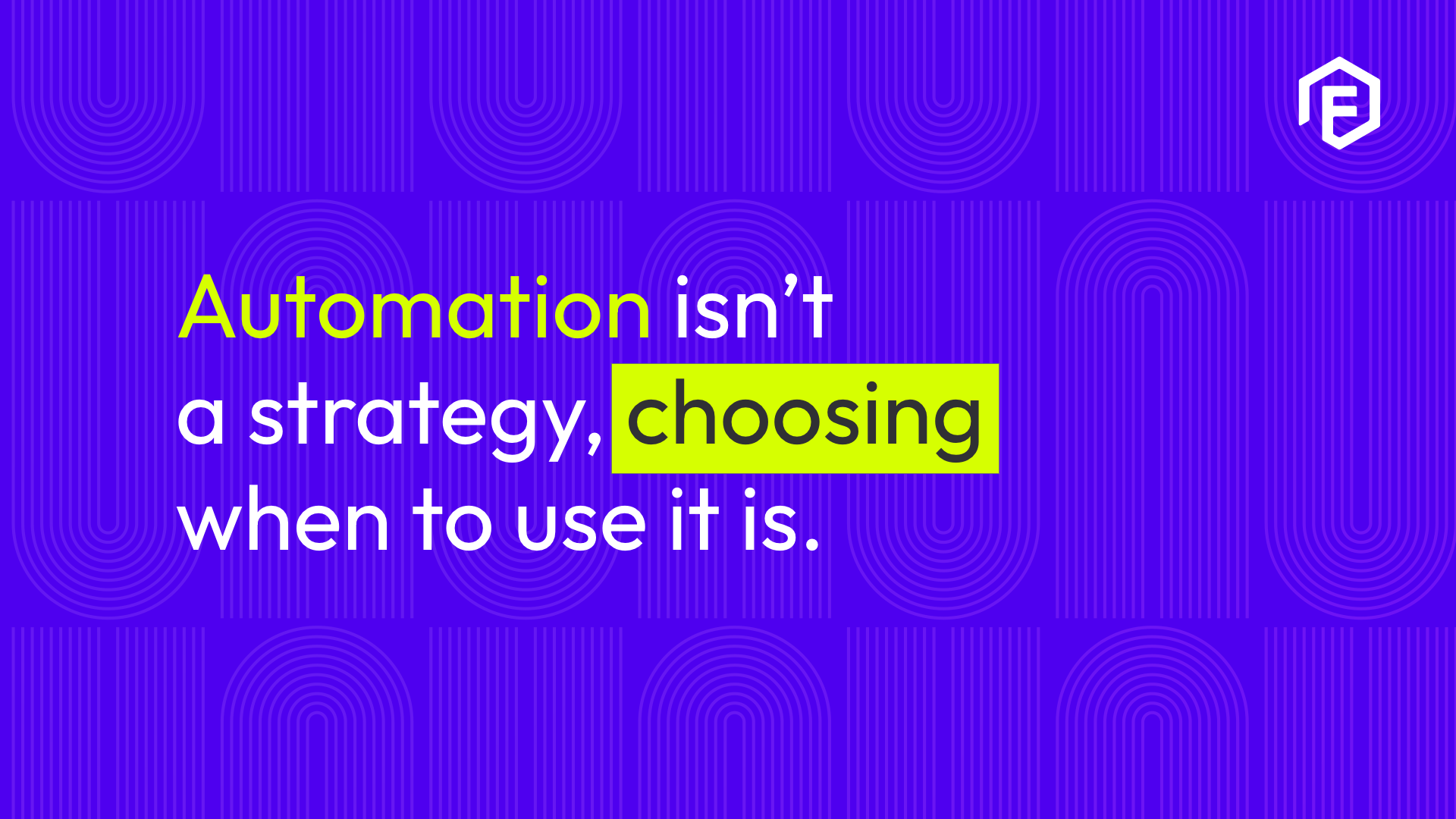Marketing to South African consumers presents numerous challenges. South Africa is not only a culturally diverse nation but also has a young and passionate population. The rapid pace of technological advancement, the country’s political history, and evolving social dynamics over the past 20 years contribute to the unique generational characteristics of South African consumers that marketers need to understand.
Understanding South African Millennials and Gen Z
Who Are South African Millennials?
Millennials, born between the early 1980s and 2000s, are the most tech-savvy and socially connected generation in history. Their deep affinity for technology has transformed their shopping habits, brand interactions, and decision-making processes. Despite being labeled as ‘over-confident’ and ‘self-entitled,’ millennials have become a powerful force in the marketplace, contributing significantly to the economy.
Key Statistics About South African Millennials:
- 66% of the South African population is aged 35 years or younger.
- 76% of millennials trust content shared by real people more than brand advertising.
- 90% of millennials aged 18-29 are on social media.
The Importance of Millennials and Gen Z for Brands
It’s no surprise that millennials, along with their younger counterparts, Gen Z, have become a prime target for companies. They represent a substantial and growing purchasing power. As the first generation to grow up with mobile phones, they are the true digital natives, incorporating technology into every aspect of their daily lives.
Why Brands Should Focus on Millennials:
- Massive Purchasing Power: Millennials and Gen Z represent a significant consumer base that is only growing in influence and number.
- Tech-Savvy Nature: They are the first mobile-first generation, seamlessly integrating technology into their lifestyle.
- Preference for Authenticity: Millennials value authentic brand experiences over traditional advertising methods.
How to Effectively Market to South African Millennials
1. Embrace User-Generated Content
Millennials trust content created by real people more than traditional brand advertising. User-generated content (UGC) is, therefore, the key to engaging this audience. Social media influencers have become the new brand ambassadors, with their authentic voices resonating more strongly than corporate messaging.
Pro Tip: Encourage your audience to create and share content related to your brand. Campaigns that leverage hashtags or challenges can help amplify your brand message through UGC.
2. Leverage the Power of Social Media
Social media is where millennials connect, share, and influence. Brands need to establish a strong online presence and engage in two-way conversations. It’s not just about being present but also being active and responsive. Millennials expect brands to be part of their online communities.
- Key Platforms: Focus on platforms like Instagram, TikTok, and Twitter where millennials are highly active.
- Engagement: Create content that invites participation, such as polls, questions, and interactive stories.
3. Invest in Online Video Content
Millennials are driving the shift from traditional TV to online video. They consume video content at unprecedented levels, and this trend is shaping how businesses approach video marketing. Brands need to create short, engaging videos that capture attention quickly.
- Video Strategy: Develop a mix of educational, entertaining, and inspirational content that speaks to millennials’ interests and values.
- Platform Focus: Utilize platforms like YouTube, Instagram Reels, and TikTok to reach this audience effectively.
4. Align with Social Causes
At least 37% of millennials will make a purchase that supports a cause they believe in. Millennials are more socially conscious than previous generations. They are deeply invested in issues affecting their communities and the world, such as social justice, environmental sustainability, and economic equality.
- Cause Marketing: Partner with organizations and support causes that align with your brand values. Ensure your efforts are genuine and not just a marketing gimmick.
- Campaign Ideas: Highlight your brand’s commitment to a cause through campaigns, events, and partnerships that demonstrate tangible impact.
5. Create Seamless Mobile and Social Experiences
For millennials, if it’s not mobile and social, it’s unlikely to work. This generation relies heavily on mobile devices for shopping, socializing, and consuming content. Brands need to prioritize mobile-first strategies and create seamless experiences across digital and physical touchpoints.
- Mobile Optimization: Ensure your website and e-commerce platforms are mobile-friendly and easy to navigate.
- Integrated Experiences: Combine in-store, digital, and mobile experiences to provide a consistent brand journey.
Conclusion: Connecting with South African Millennials
Marketing to South African millennials requires a deep understanding of their values, behaviors, and preferences. Brands need to meet them where they are—online and on mobile—while providing authentic, cause-driven, and engaging content.
The answer to whether you should market to millennials is a resounding yes! Develop a strong online presence, express genuine passion for your work and community, and remember: if it’s not mobile and social, it’s most likely not going to work.
Key Takeaway: To successfully connect with South African millennials, brands must embrace digital innovation, authenticity, and a deep understanding of the social issues that matter to this powerful generation.



